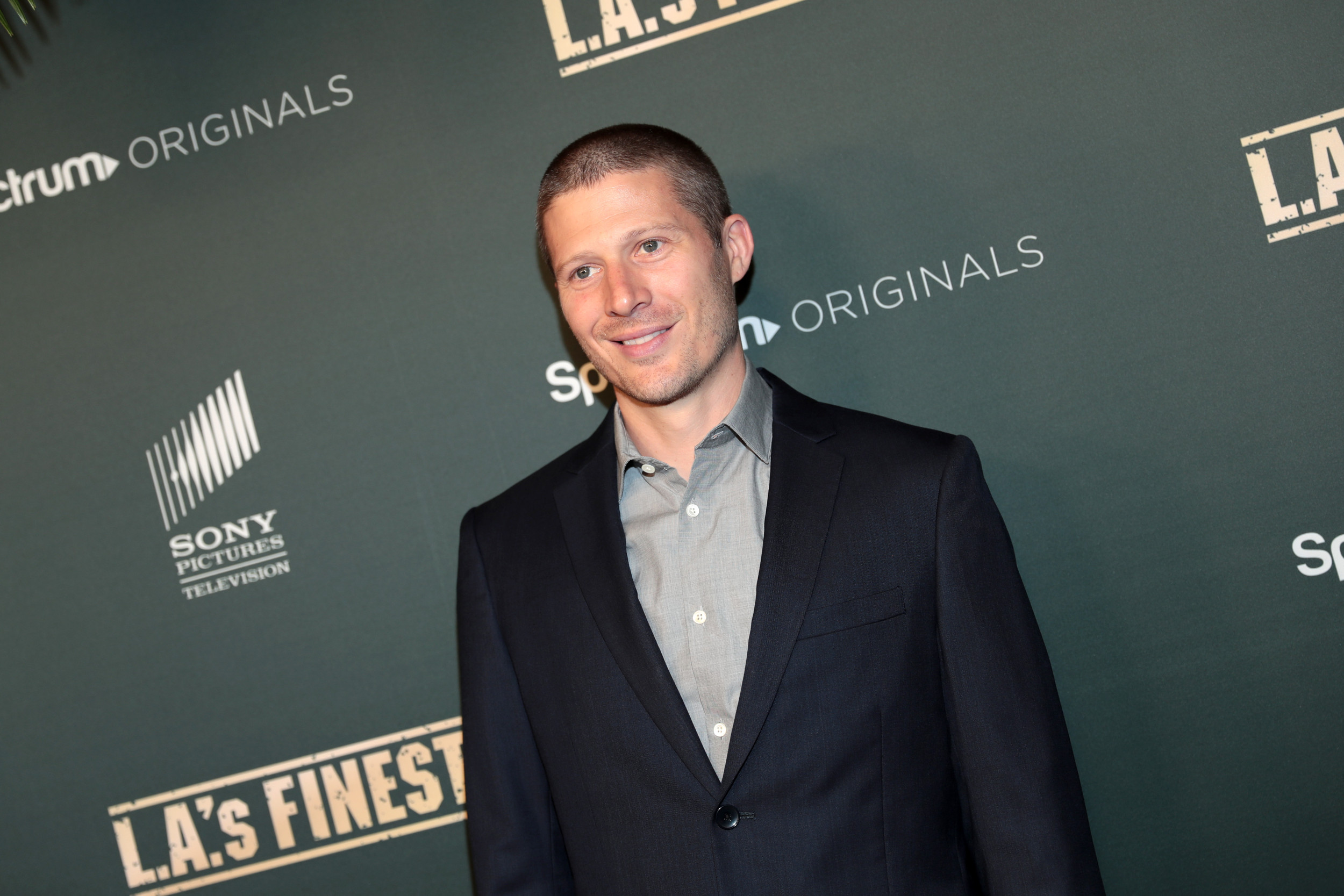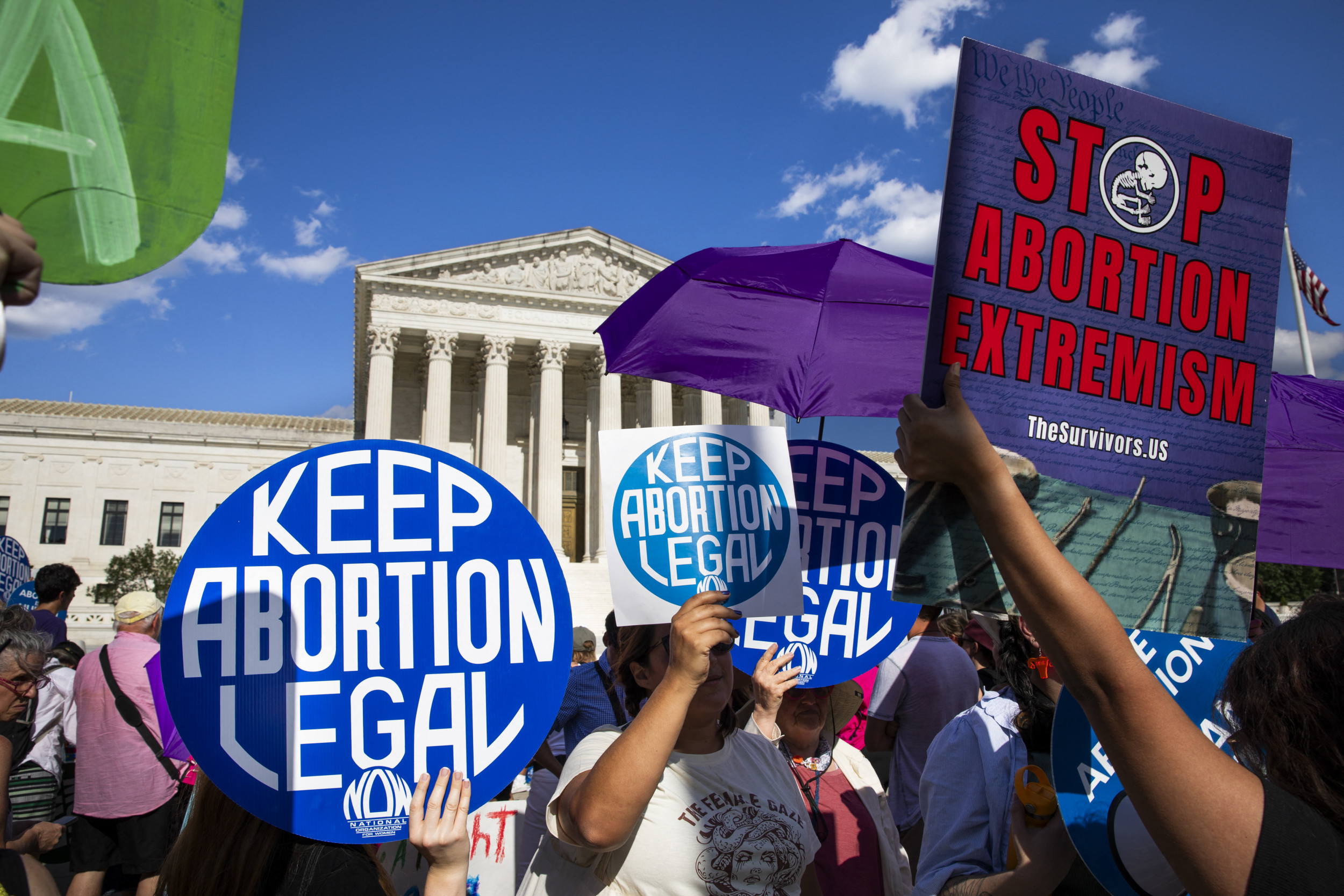Will President Joe Biden commute all federal death sentences or will he break another campaign promise before leaving office in January? Last week, hundreds of organizations and community leaders wrote to President Biden advocating an end of capital punishment, citing systemic bias, racism, and evidence that the death penalty does not act as a deterrent to crime. Even Pope Francis added his voice to these calls, urging the United States to end the practice. As a practicing Catholic, Biden has claimed to oppose the death penalty and promised to end it during his 2020 presidential campaign. In July 2021, the Department of Justice issued a moratorium on executions but has gone no further.
The 68-page bundle of letters was sent on behalf of a broad coalition of advocates representing various communities across the United States. They included prison reform activists, retired federal judges, current and former prosecutors, family members of murder victims, Black and Indigenous faith leaders, and human rights organizations like Human Rights Watch and Amnesty International. One letter written by family members of murder victims states:
For too many of us, the death penalty has only prolonged an already agonizing experience with a lengthy process that leaves us with more pain, despair, and isolation. The complex, constitutionally mandated legal process causes decades of uncertainty and waiting, which continually resurfaces trauma and delays healing.
For all of us, this system completely ignores our very real needs, diverting dollars and attention from the critical services our families desperately need in the wake of violence.
The death penalty does not prevent violence. It does not solve crime. It divides families when we need each other the most.
The coalition argues that commuting the sentences of those still on death row would allow the government to redirect its resources toward policies that enhance public safety, which the death penalty does not do.
Now is the ideal moment to take a strong stance against the death penalty. Not only did President Biden campaign on the promise that he would commute all federal sentences for the people still on death row, but there is an imminent danger that the system will go into overdrive upon the arrival of president-elect Donald Trump.
Furthermore, support for the death penalty in the United States is declining. According to a Gallup study from November 2024, only 53 percent of people support it, a sharp decline compared with the 80 percent support it had in 1994. Moreover, according to Gallup polling from November 2023, more Americans now believe that the death penalty is applied unfairly than those who do not (50 percent versus 47 percent).

Not only does the incoming president have no plans to abolish the death penalty, but Donald Trump has stated his intention to expand capital punishment to include people convicted of engaging in drug dealing, child rapists, human traffickers, and immigrants who kill U.S. citizens. More people on federal death row were executed during Trump's first term than under the ten previous presidents combined. When he announced his 2024 candidacy, the president-elect said, "We're going to be asking everyone who sells drugs, gets caught selling drugs, to receive the death penalty for their heinous acts."
2024 has been a ghastly year of reckoning about the risks and dangers of capital punishment within a flawed justice system. In September, Missouri executed Marcellus Williams after the Supreme Court refused to intervene. Prosecutors issued considerable objections alleging systemic flaws in the case including racism, the victim's family support for halting the execution, and new DNA evidence that Williams was innocent.
In October, Texan Robert Roberson saw his execution for alleged "shaken baby syndrome" paused at the last minute in response to public outcry that a mistrial of justice was taking place. The medical evidence for the syndrome is murky, with many dismissing it as "junk science," meaning that Roberson is languishing in prison for a crime that may have never happened. Similarly, Melissa Lucio spent 16 years on death row and was two days away from being executed in Texas for the alleged murder of her daughter, only for a judge to intervene arguing that Lucio never committed the crime. "Applicant is actually innocent; she did not kill her daughter," wrote state district Judge Arturo Nelson in October. Her case is now set to be revised by the Texas Court of Criminal Appeals.
The fates of Roberson and Lucio are still contested, but they serve to highlight the inhumanity of the United States' death penalty system. Periodically, the public is subjected to grotesque spectacles in which we watch the fatal miscarriages of justice become headline news only when it is too late. The abolition of the death penalty must be a national conversation, not a sporadic one.
The time for political leadership is long overdue. If President Biden—a supporter of the 1994 Crime Bill, which expanded the mass incarceration of Black and Brown working-class people—can find it within him to pardon his son, then he should do the right thing and find the strength to stick to his principles and campaign promises. If Biden wants to leave the Oval Office with dignity and some semblance of integrity, then he should practice what he preached on the campaign trail by commuting the death sentence of all people currently languishing inhumanely on America's increasingly unpopular death row.
Raquel Rosario Sánchez is a writer, researcher, and campaigner from the Dominican Republic.
The views expressed in this article are the writer's own.




















 English (US) ·
English (US) ·